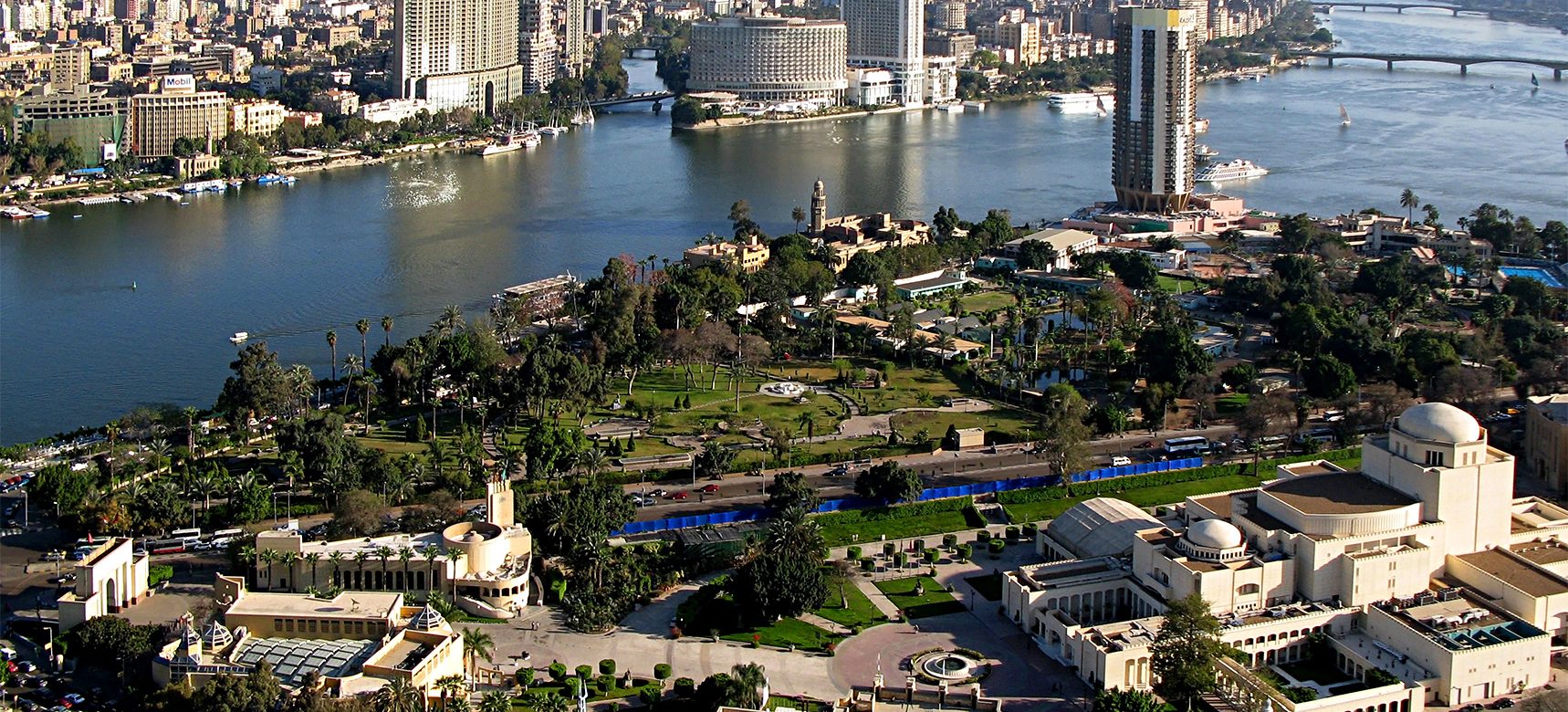The sale of State stakes in companies operating in 18 distinct sectors aims to mobilize budgetary resources, revive economic growth and increase the weight of the private sector in the economy to 65% in 2025 against 30% in 2021 .
The Egyptian government announced on Wednesday, February 8, the sale of state stakes in 32 companies, including three banks and two companies owned by the army, by March 2024 with a view to mobilizing budgetary resources and relaunching a economy damaged by a succession of external shocks.
“The government will put up for sale stakes in 32 state-owned companies in a variety of sectors, ranging from banking to the distribution of petroleum products, including real estate, insurance and ports,” the prime minister said. , Mostafa Madbouly (photo), during a press briefing after a meeting of the Council of Ministers.
“The disposals of these stakes are expected to be completed in March 2024. They will take the form of IPOs, block sales to strategic investors or a combination of these two modes”, he added, indicating that the government has not set a target value for the revenue it should earn from these divestments.
The Arab African International Bank, Banque du Caire and the United Bank of Egypt are the three banks on the list released by the government.
This list, which covers companies operating in 18 sectors, also includes two companies owned by the army, namely the mineral water production company National Company for Natural Water in Siwa (SAFI) and the distribution company of fuel National Company for Petroleum
(See the complete list of companies covered by the program below).
The sale of stakes in 32 public companies aims in particular to replenish state coffers and revive the growth of the Egyptian economy, which has suffered the repercussions of several external shocks, including the Covid-19 pandemic and the war in Ukraine. .
Egypt’s external financing needs for fiscal years 2023 and 2024 are expected to reach $19 billion and $22.5 billion, respectively, according to a recent report by ratings agency Fitch Ratings.
The progressive withdrawal of the State from several productive sectors and the strengthening of the weight of the private sector in the economy also feature in the economic reform program submitted by the Egyptian government to the International Monetary Fund (IMF) in return for a loan of 3 billion dollars over 46 months approved by the multilateral financial institution last December.
The Egyptian government had already adopted at the end of December 2022 a “Strategic document on corporate shareholding” which provides for a significant disengagement of the State from the productive sector, for the benefit of local and foreign private investors, with a view to bringing the sector’s contribution private to the economy at 65% in 2025 against 30% in 2021.
Complete list of companies concerned by the program for the disposal of State shareholdings:
– Bank of Cairo
-Arab African International Bank
-United Bank
– National Company for Petroleum (Wataniya)
-Safi – mineral water manufacturer
-Misr Technology Services (MTS)
-El-Nasr Housing and Development
-Maadi Company for Real Estate Development
-Misr Concrete Development Co
-El Mostakbal Urban Development
-Helwan Fertilizers
-Egyptian Polypropylene and Polypropylene (EPP)
-El-Nasr Mining Co
-The Egyptian Ethylene & Derivatives Company
-Damietta Container & Cargo Handling Co
-The Egyptian Drilling Company
-Sinai Manganese Company
-Egyptian Linear Alkyl Benzene (ELAB)
-The Egyptian Ferrous Alloys
-Canal Company for Mooring and Lights
-Al-Saleheya for Investment and Development Company
-Port Said Container & Cargo Handling Co. (PSCCH)
-Misr Life Insurance
-Misr Insurance
-Gabal El-Zeit Wind Power Plant
-Zafarana Wind Power Plant
-Chemical Industries Development Company
-Beni Suef Power Plant
-Paints and Chemicals Industries (PACHIN)
-Misr Pharma
– Hotels owned by the Ministry of Public Enterprises
-Alamal Alsharif Plastics








Réagissez à cet article